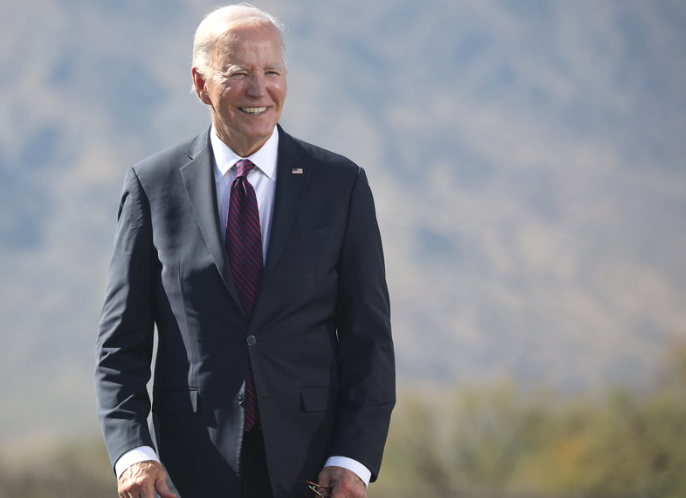Supreme Court Declines to Block Biden Administration's Coal Waste Rule

The Supreme Court has chosen not to intervene in halting a Biden administration regulation aimed at preventing toxic waste from retired coal plants from leaching into nearby groundwater.
In a brief decision, the court denied an emergency request from the East Kentucky Power Cooperative to temporarily pause the rule while ongoing litigation against it continues, The Hill reported.
The court offered no explanation for its decision to reject the cooperative's request, nor were any dissents noted, according to the outlet.
This ruling does not necessarily reflect the justices’ opinion on the legality of the rule. Instead, it indicates they are not ready to intervene before lower courts have addressed the legal challenges.
The regulation focuses on “coal ash,” a hazardous byproduct of coal plants that contains harmful substances such as mercury and arsenic. The rule requires coal plants that closed before October 19, 2015, to implement measures to stop coal ash from leaking from storage ponds.
The East Kentucky co-op argued in its petition that complying with the rule would result in “unrecoverable compliance costs.”
Hawaii Gun Law Controversy
Earlier in the week, the Supreme Court passed on addressing a ruling by Hawaii’s Supreme Court that appears to conflict with prior Second Amendment interpretations.
In February, the Hawaii court rejected landmark rulings from the Supreme Court, asserting that the “spirit of Aloha clashes with a federally mandated lifestyle that lets citizens walk around with deadly weapons during day-to-day activities.”
The state court declared, “In Hawaii, there is no state constitutional right to carry a firearm in public.”
Justice Clarence Thomas, joined by Justice Samuel Alito, issued a statement noting that correcting the error “must await another day.”
Thomas, Alito, and Neil Gorsuch criticized the decision but stated the timing was premature, as the defendant, Christopher Wilson, has yet to face trial on unrelated charges. Wilson was arrested in 2017 for trespassing while carrying an unlicensed firearm.
“Wilson moved to dismiss only some of his charges, most notably leaving for trial a trespassing charge on which his Second Amendment defense has no bearing,” Thomas wrote. “He thus seeks review of an interlocutory order over which we may not have jurisdiction.”
Thomas also remarked that if Hawaii’s court had followed the Supreme Court's Second Amendment precedents, the state’s licensing laws would have been declared “unconstitutional,” and Wilson’s charges for carrying a firearm in public could have been dismissed.
“In an appropriate case, however, we should make clear that Americans are always free to invoke the Second Amendment as a defense against unconstitutional firearms-licensing schemes,” he added.
Justice Neil Gorsuch, in a separate statement, suggested that the matter could be revisited in the future if Hawaii’s court does not adjust its stance as the case develops.
Federal Gun Law Challenge Rejected
In October, the Supreme Court declined to hear a challenge to a federal law prohibiting individuals under domestic violence restraining orders from possessing firearms.
The decision was 8-1, with Justice Clarence Thomas dissenting.
SCOTUS Blog summarized the ruling: “The court holds that when an individual has been found by a court to pose a credible threat to the physical safety of another, that individual may be temporarily disarmed consistent with the Second Amendment.”
Chief Justice John Roberts wrote, “Since the founding, our Nation’s firearm laws have included provisions preventing individuals who threaten physical harm to others from misusing firearms. As applied to the facts of this case, Section 922(g)(8) fits comfortably within this tradition.”